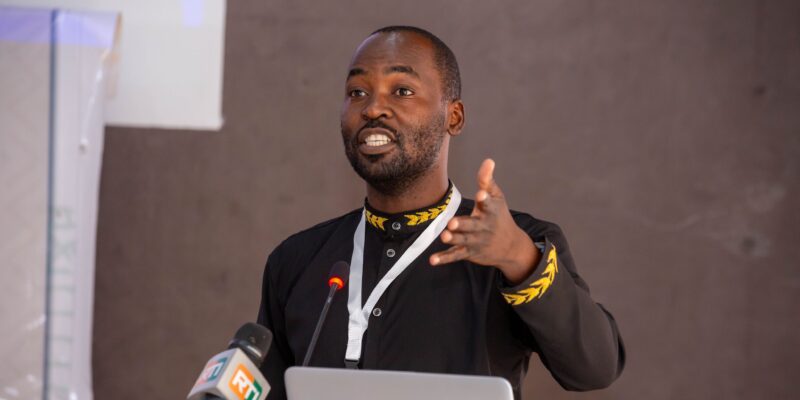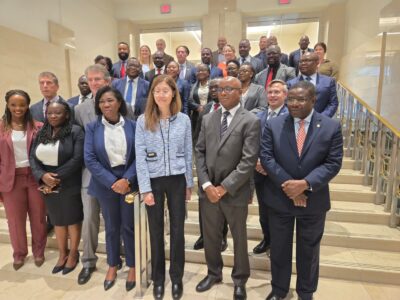A debt forum taking place in Abidjan has learnt that all major debt initiatives for African countries have restrictive and regressive conditions attached to them, making it difficult for affected states to navigate around it.
At the fourth edition of the African Forum and Network on Debt and Development (AFRODAD) Media Initiative (AFROMedi IV), it was discussed that such punitive conditions attached high risk of austerity measures for affected countries.
The initiative is being held under the theme: “Empowering Media Towards and Impactful African Debt Campaign.”
Shem Joshua, Policy Analyst and Advocacy Officer at AFRODAD, in his presentation on Africa Debt Landscape showed that all the major debt relief initiatives had restrictive and regressive conditions attached to them, consisting of cutbacks in social spending.
The initiatives discussed included the G20 Common Framework and the Heavily Indebted Poor Countries (HIPC) Initiative.
Read more: Over 32 African countries on high risk of debt distress, forum reveals at Abidjan event
“All these are justified in the name of creating fiscal space, but is this really the transformative challenge afflicting our continent?
“Is it time for an alternative model and approach to achieve structural transformation?” Joshua asked.
On the Debt Relief initiatives solutions, Joshua explained that it was set up to deal with debt beyond DSSI.
He further explained that the initiative allowed a country to restructure its official debt while private creditors were expected to offer debt treatment on similar terms.
Four African countries namely Chad, Ethiopia, Zambia and Ghana, had requested for debt restructuring under the G20 Common Framework.
However, only Zambia and Chad had managed to reach an agreement with official creditors.
“The negotiations take an average of two years and austerity measures are usually part of the programme. Some countries did not apply for the G20 for fear of being downgraded by rating agencies, especially countries that are taping on international markets,” Joshua said.
WARNING! All rights reserved. This material, and other digital content on this website, may not be reproduced, published, broadcast, rewritten or redistributed in whole or in part without prior express permission from ZAMBIA MONITOR.












Comments